21. Shape of Red (Yukiko Mishima, 2020, Japan)
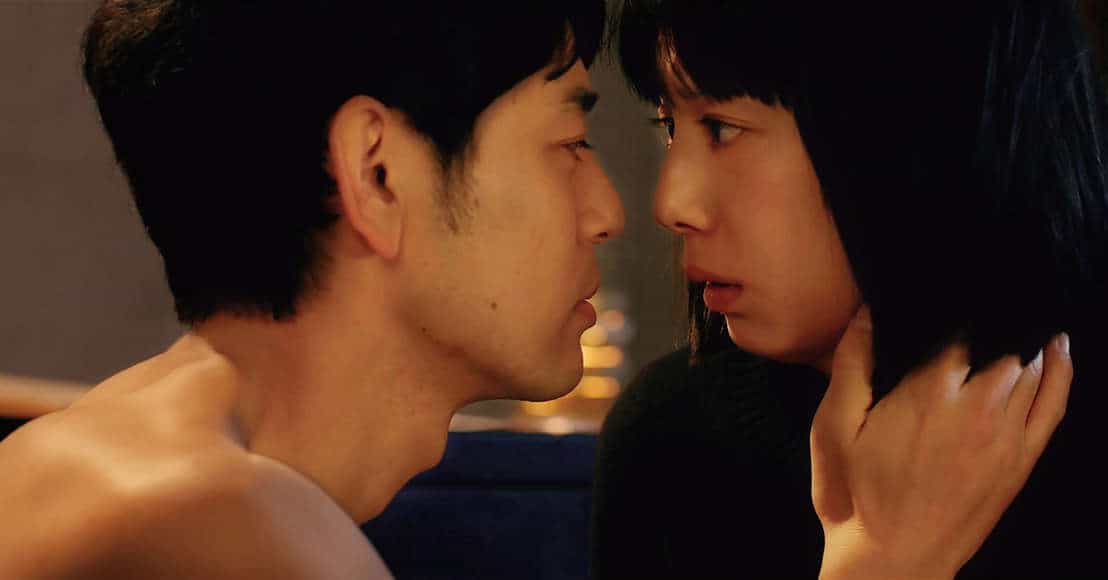
In her adaptation of Rio Shimamoto's novel “Red” titled “Shape of Red” we follow the story of Toko (Kaho) who is married to a successful businessman (Shotaro Mamiya). Even though she had been planning to continue working after childbirth, she has settled on being a housewife and a mother to their daughter while her husband is gone for most of the day, busy with his job. However, while attending a formal meeting with her husband, she meets Akihiko Kurata (Satoshi Tsumabuki), a man she had an affair with ten years ago. Although it has been years since, both of them still feel very attracted to each other.
“Shape of Red” is an engaging drama about a woman having to make a decision in her life and discovering how she is able to design her life according to her wishes. Visually beautiful and deeply layered, as well as supported by a great cast, Yukiko Mishima has managed to make a very timely film whose themes and images will surely resonate with audiences. (Rouven Linnarz)
22. Hotel Iris (Hiroshi Okuhara, 2021, Japan)
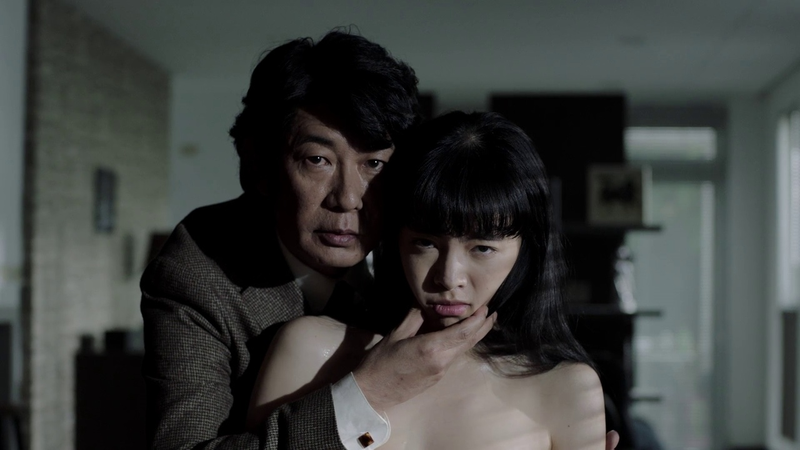
Hotel Iris is placed in a somewhat decrepit Taiwanese coast, which tourists and locals seem to share with a number of prostitutes. The hotel is run by a woman in her 50's who seems set on appearing much younger than she actually is, a tendency that extends to the way she dresses and makes up her face, and the way she conducts herself along younger men. At the same time, she has a rather passive-aggressive relationship with her lonely, half-Taiwanese daughter Mari, which is eloquently mirrored in her obsession with having her hair always impeccably made in the exact same way.
Lastly, the narrative is concluded by the permeating eroticism, with the many S&M scenes being both violently sensual and artful, highlighting the excellent job in both cinematography and direction. This combination, along the performance of Lucia as Mari and Masatoshi Nagase as the translator in those scenes prevents them from becoming distastefully pornographic, instead highlighting their violent nature through a rather elegant approach that actually adds to the psychograph of the two protagonists. Particularly the framing, which both allows and prevents the viewer from witnessing Lucia's impressive body, emerges as one of the best parts of the film.
Buy This Title
on YesAsia
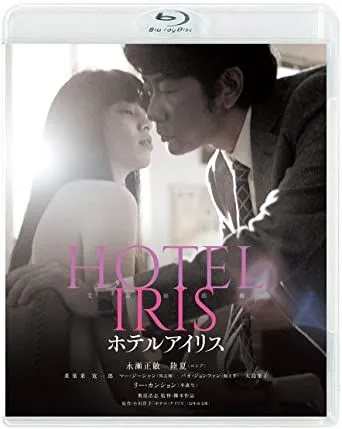
23. Leave me Alone (Fan Yang-chung, 2021, Taiwan)
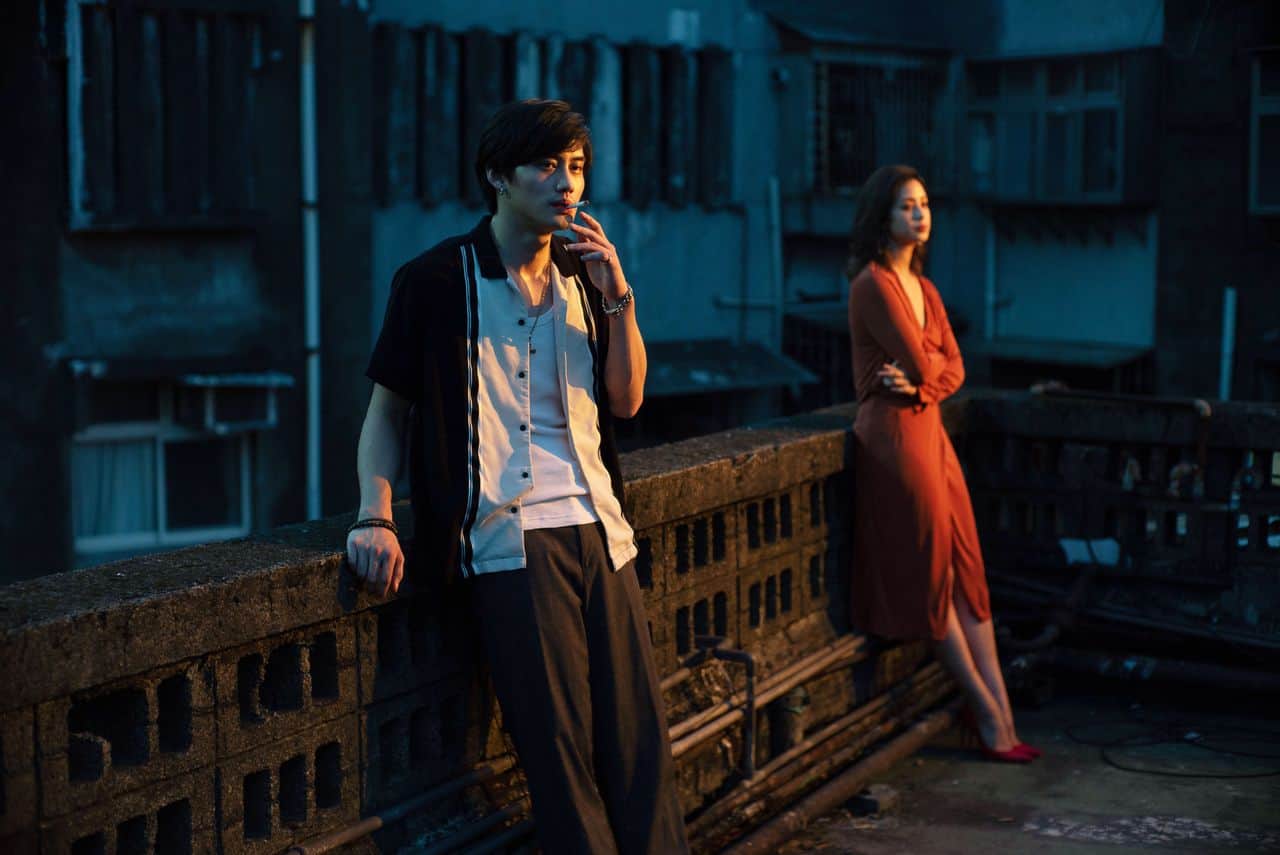
Loong is a pimp who handles a number of high class call girls, in his continuous effort to reach the upper echelons of Taiwanese society. On the side, he cooperates with one of his clients, Brother Chao (the ever-present, ever-great Chen Yi-wen), into convincing the owners of apartments in the block he lives in, including his unwilling father, to sell in order for the building to be torn down and a new one to be erected. All the while, he retains an erotic relationship with his half-sister, Chin-sha, who is also one of his “girls” who eventually finds herself feeling closer to a client who insists they take sleeping pills every time they meet. Nai-wen is a gallery director who has been having an affair with the chairman of the organization she is employed from, and is now pregnant with his child, while he is in a coma in the hospital. Eventually she meets Loong and starts an affair with him, but her psychological status and his mentality make their relationship rather questionable.
Equally important with the context are the film's aesthetics, with Fan capturing the pretentiousness of the high class art world in the best fashion, particularly through three factors. The first one is the difference in attire, which is exemplified through the appearance of Chin-sha and Nai-wen, along with how much Loong stands out when he visits the “world” the latter inhabits. The second is the excellent combination of cinematography and art direction, which results in a number of images of polished beauty that fit the overall aesthetics to perfection. The third one is that the main casts are rather good looking, something that is also toned up by the way they are dressed, in an element that also benefits the erotic scenes, and subsequently, the sensuality that is another key element of the narrative. (Panos Kotzathanasis)
24. Ride or Die (Ryuichi Hiroki, 2021, Japan)
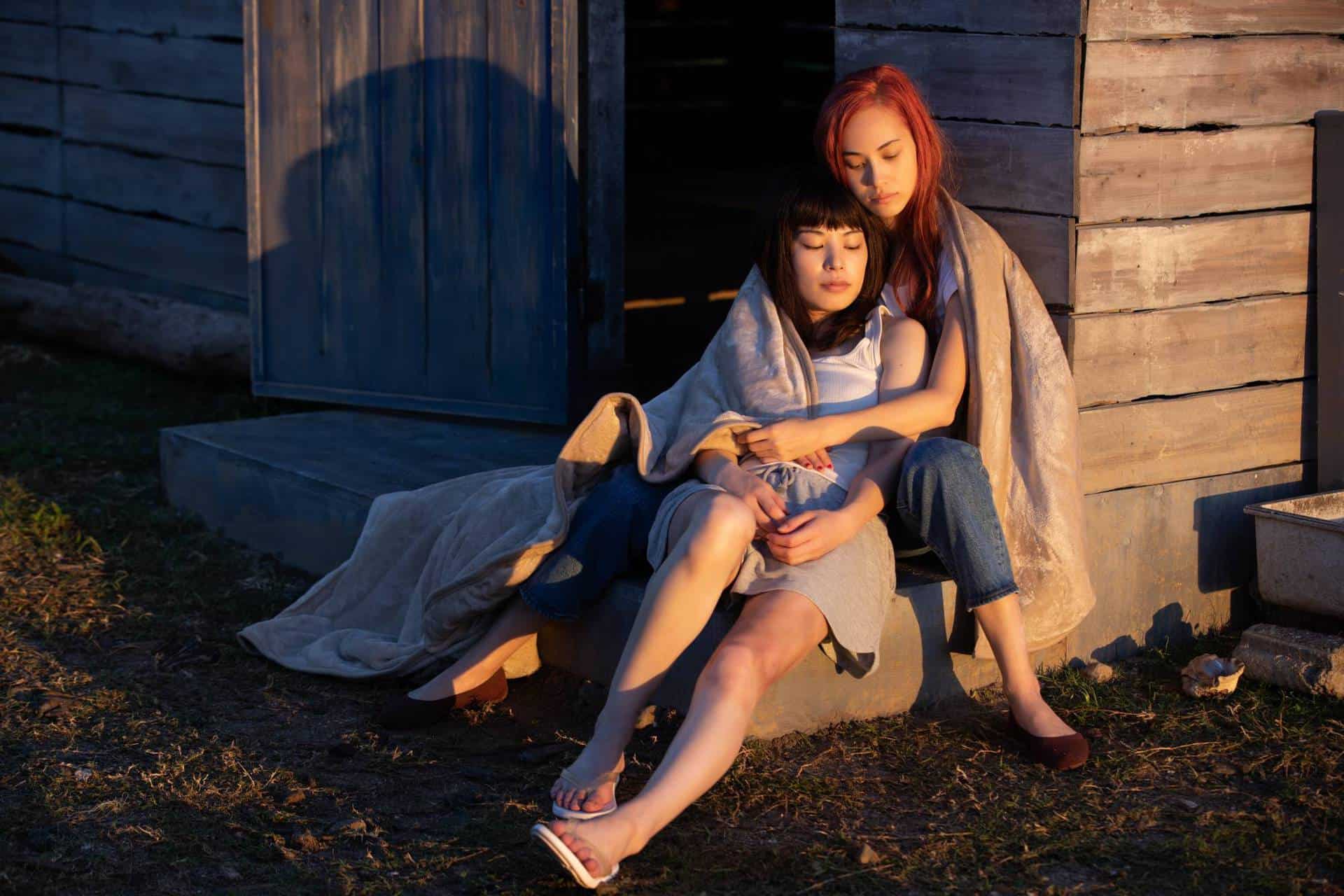
The most memorable scene in Ryuichi Hiroki's Netflix thriller “Ride or Die” is its most brutal one, in which a whole bedroom gets painted in Dario Argento red after few minutes of rather pink activities. Those we can count are but a few, but when they happen, Hiroki is fast to return where he had started many years ago. Naked skin is famously something that made his career, and once the erotic wheel starts rotating it takes a wee bit of time to put a halt to it. For the audience who can totally live with only three minutes of canoodling/ making love instead of six – these moments are ideal for visiting the restroom or pouring a glass of whatever. For the others, six minutes will be too short because some sexual fantasies never cease to excite specific type of viewers.
Dialogues feel less chaotic than the build-up of portraits of two lead characters who are more disconnected than connected to each other. We meet Rei (Kiko Mizuhara) right at the beginning, when she embarks upon the road without return. It looks like she's just after casual sex when she buys a drink to a middle-aged man seated at the bar, although it does look strange she would pick up just him – a passive-aggressive type with unpleasant character who readily accepts her offer of having sex in his house because she “gets excited when she has sex in a house tidied up by someone's wife”. (Marina Richter)
25. Love Nonetheless (Hideo Jojo, 2022, Japan)
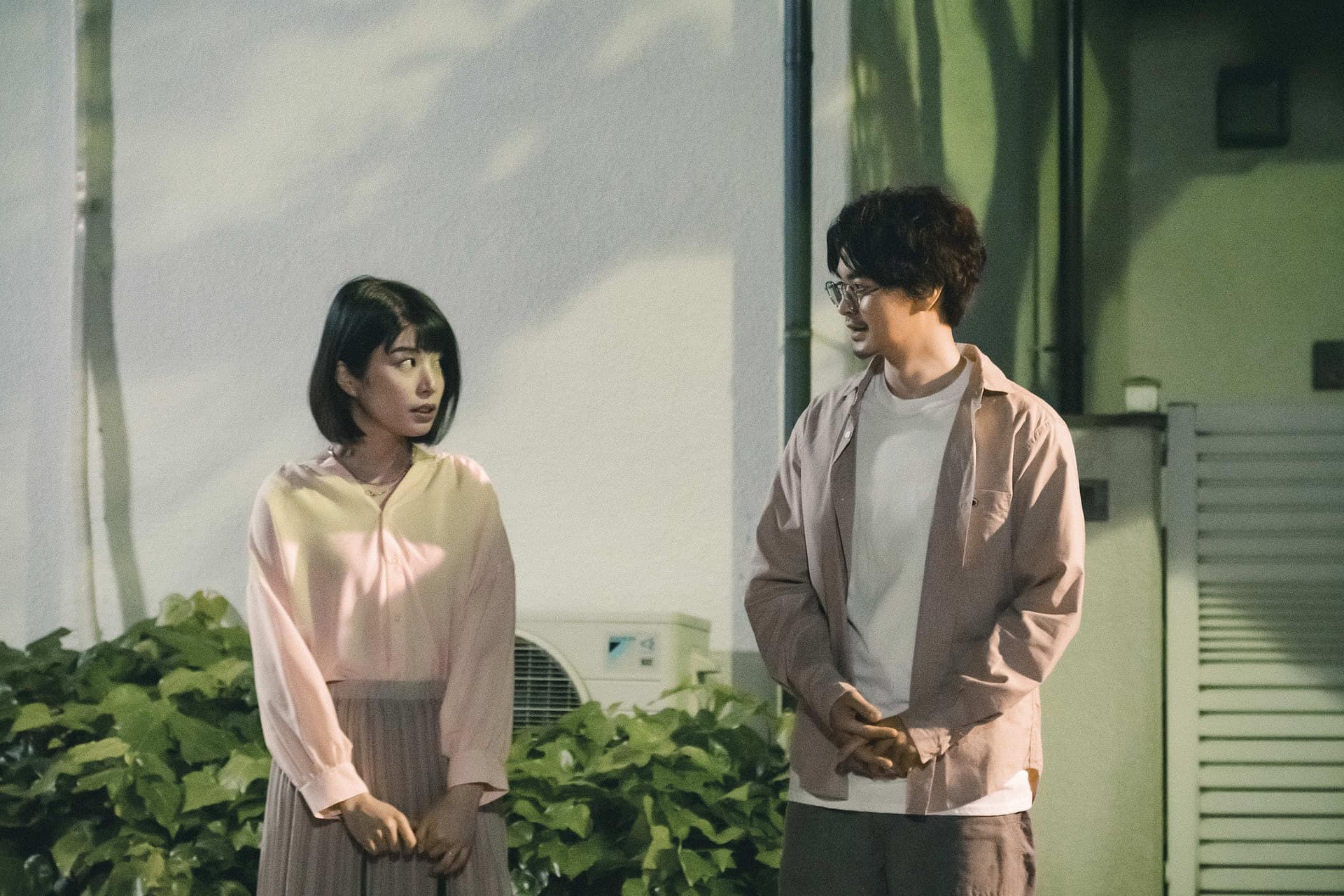
The story begins inside a secondhand bookstore, where the 30-year-old introverted, bookworm type owner Koji chases a school student, Misaki, who has run away with a book without paying. Their interaction however ends up in a rather unusual fashion, since the girl soon confesses her love and her will to marry Koji, even if sex is out of the question, in a cheeky wink to the approach mentioned in the prologue. The young man turns her down, but the girl returns again and again, always giving him a letter insisting on marriage. Little by little, Misaki grows on the lonely Koji, who truth be told, never actually turns her completely away. When a classmate, however, who is in love with her, learns of her feelings for the bookstore owner, things become more complicated. On the second arc of the movie, Ikka, who, not long ago turned down Koji's woes, is about to get married to salary man Ryosuke, who retains, though, an affair with their wedding planner, Miki, while frequently neglecting his betrothed who has to take care of the wedding arrangements all by herself. The woman eventually realizes what is going on, and his revelation leads her to an unusual decision, of also cheating. The obvious, and easiest choice is Koji…
Furthermore, the love chain/triangle that forms the basis of the narrative, apart from providing many opportunities for sex scenes (which remain organic, though, throughout) works quite well in entertainment terms, also due to the use of quirky humor here, but also allows space for analysis of the characters, and subsequently, the presentation of a series of sociophilosophical comments. Regarding the last aspect, the way love works, and the fact that people tend to want those who do not want them back shines here, as much as the fact that people tend to get married for economical/practical reasons these days, frequently leaving their feelings to the side. The place of women in Japanese society, particularly on romantic/sex terms is also commented upon, particularly through Ikka, with her scene in the bar highlighting the remark in the most hilarious fashion, although Jojo also shows that things have changed in someways at least, and equality is much wider than in the past. (Panos Kotzathanasis)


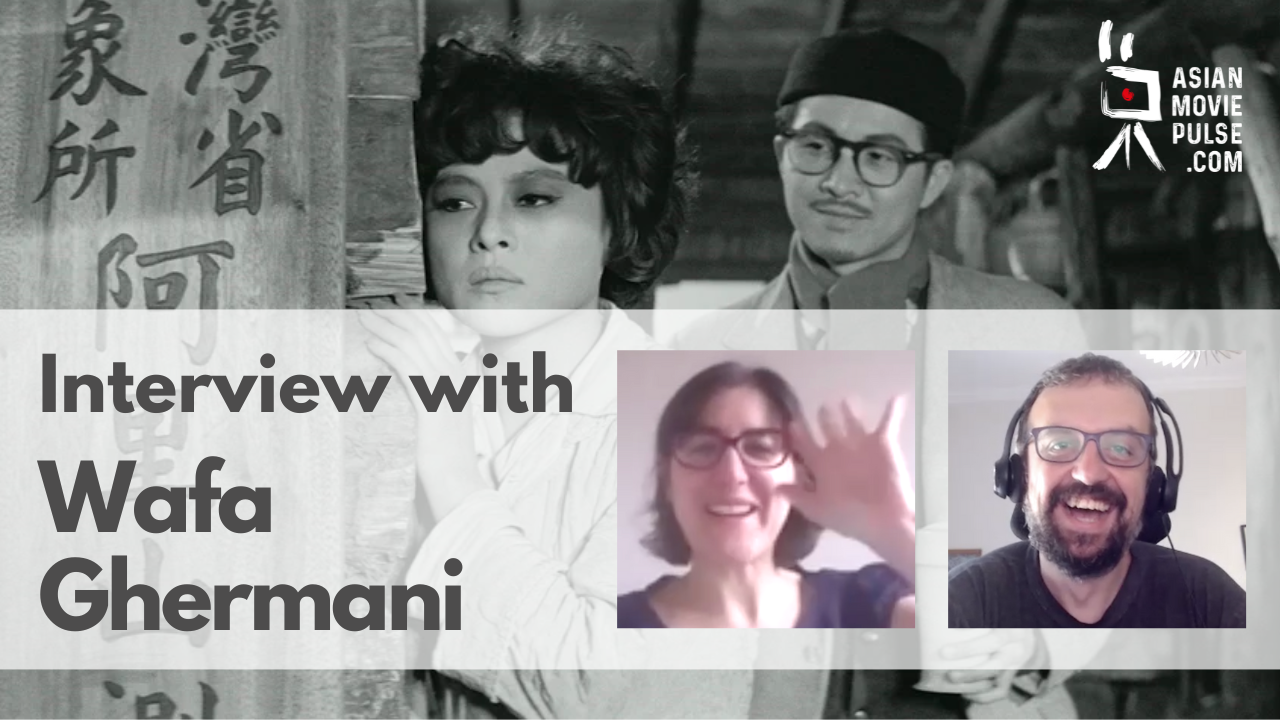
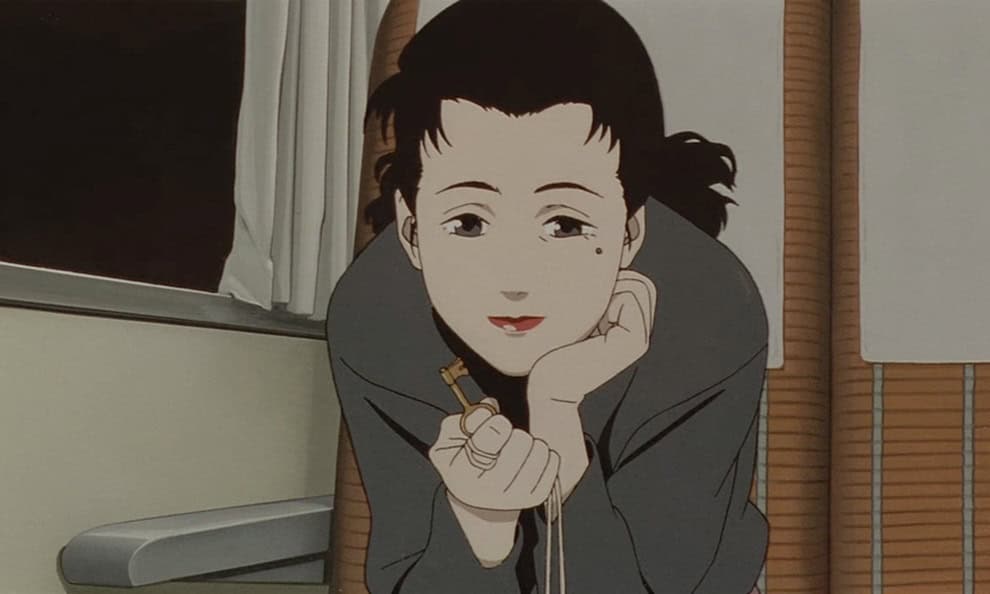


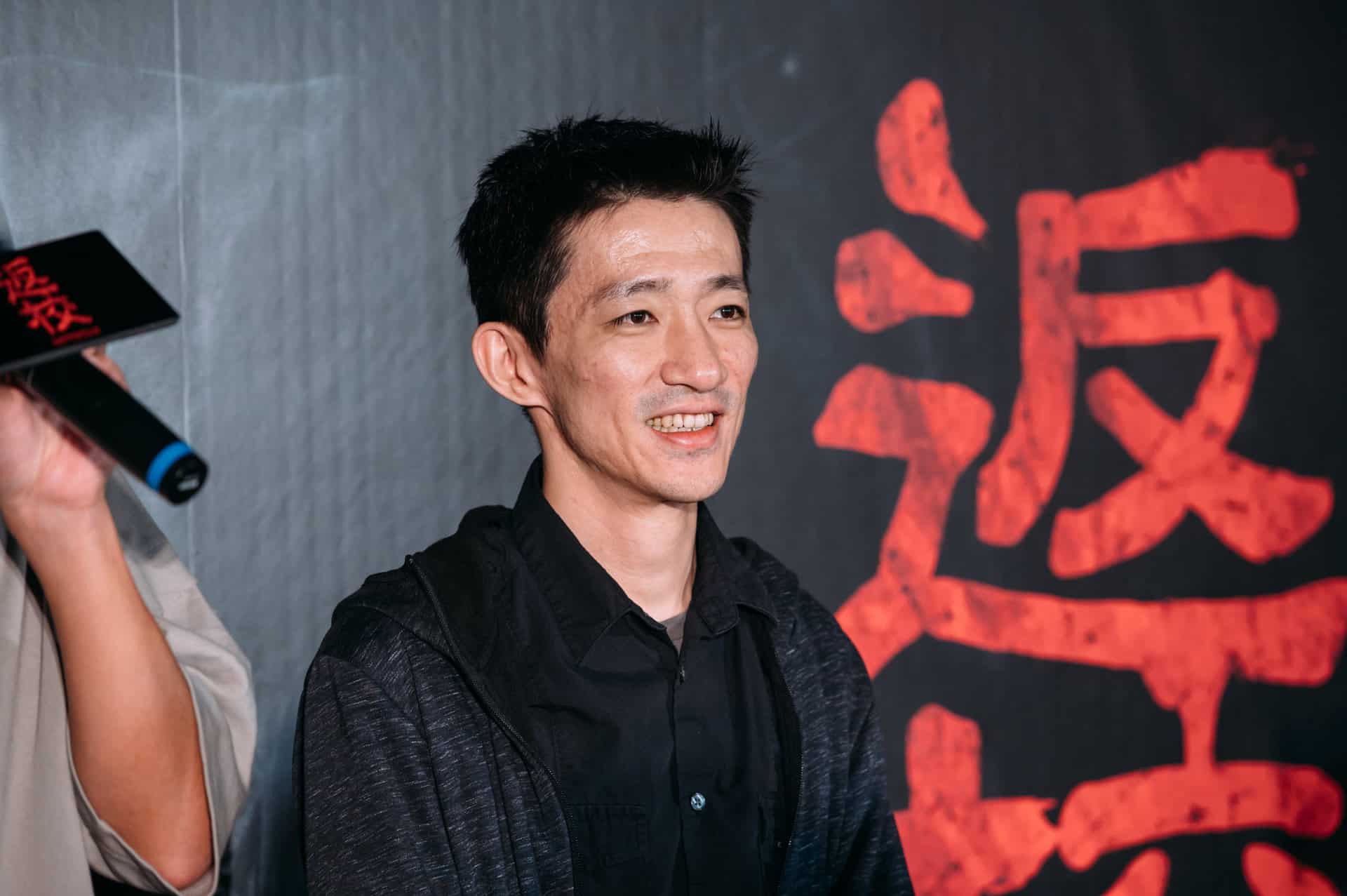







All movies is a good movie